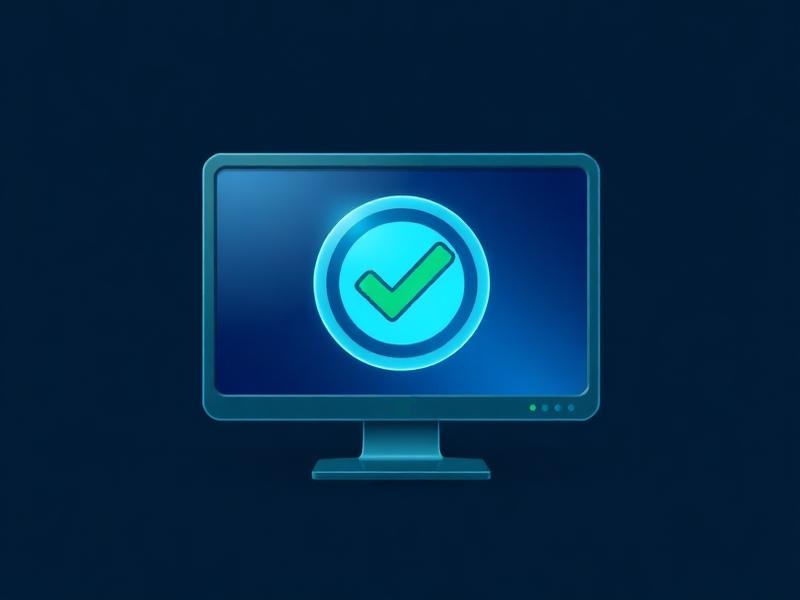Slow PC on Microsoft Surface Laptop - causes, fixes, and prevention
Overview - what this guide covers
We will cover quick checks, deeper Windows tuning, and a lightweight AI scan with PC-Care.ai that finds and resolves hidden CPU, memory, and disk pressure - without risky tweaks.
Symptoms you might see
- Boot time creeping up
- Mouse cursor lag
- Browser freezing during multitasking
- Apps take long to open
Boot delays often come from dozens of startup entries that compete for resources at logon. Cursor lag usually tracks CPU spikes or driver conflicts. Browser freezes can be triggered by security scans or misbehaving extensions. Slow app launch points to low free memory or heavy disk I O.
Manual fixes - step by step
- Disable unnecessary startup apps in Task Manager - Startup
- Uninstall bloatware and toolbars
- Optimize storage - Trim SSD and clean temp files
- Update graphics and chipset drivers
- Tame background security scans - schedule off hours
- Run System File Checker and DISM
Trimming startup removes constant background overhead and speeds boot. Removing bloatware frees disk and registry space. Storage optimization reduces stalls from large temp folders. Driver updates resolve latency and rendering issues. Scheduling scans stops mid day slowdowns. SFC and DISM repair corrupted files that degrade performance.
Prevention - keep the issue from coming back
Keep only essentials in startup and review monthly using Task Manager - Startup tab
Use PC-Care.ai weekly to clean temp files, check drivers, and keep services tuned so speed is consistent
How PC-Care.ai helps
PC-Care.ai automates startup trimming, driver check, and temp cleanup so performance remains stable after each reboot.
Typical results include faster boot, smoother tab switching, and fewer CPU spikes during meetings.
Run Free AI ScanFAQ
- Why is my PC suddenly slow?
- A new app or update likely added startup tasks or a background service. Check Task Manager for high CPU or disk, then disable non essential startup entries and run a cleanup.
- Should I upgrade RAM or SSD first?
- If you are still on a hard drive, move to SSD first - it removes the biggest bottleneck. If you already have an SSD and multitask heavily, add RAM.
- Is defrag needed on SSD?
- No. Use Optimize Drives to run Trim and keep the SSD in good health - do not defragment.
- Do background updaters hurt performance?
- Yes when they scan or download during work hours. Schedule them for night time and keep only the vendors you need.
- Can I speed up boot time quickly?
- Yes - disable non essential startup entries, remove trialware, and ensure Windows Fast Startup is enabled.
- How does PC-Care.ai help automatically?
- It scans for heavy startups, large temp caches, and outdated drivers, then applies safe changes with a restore point.
References - further reading
- Windows performance tips
- support.microsoft.com/help/4028430
- Change startup apps
- support.microsoft.com/help/4026268
